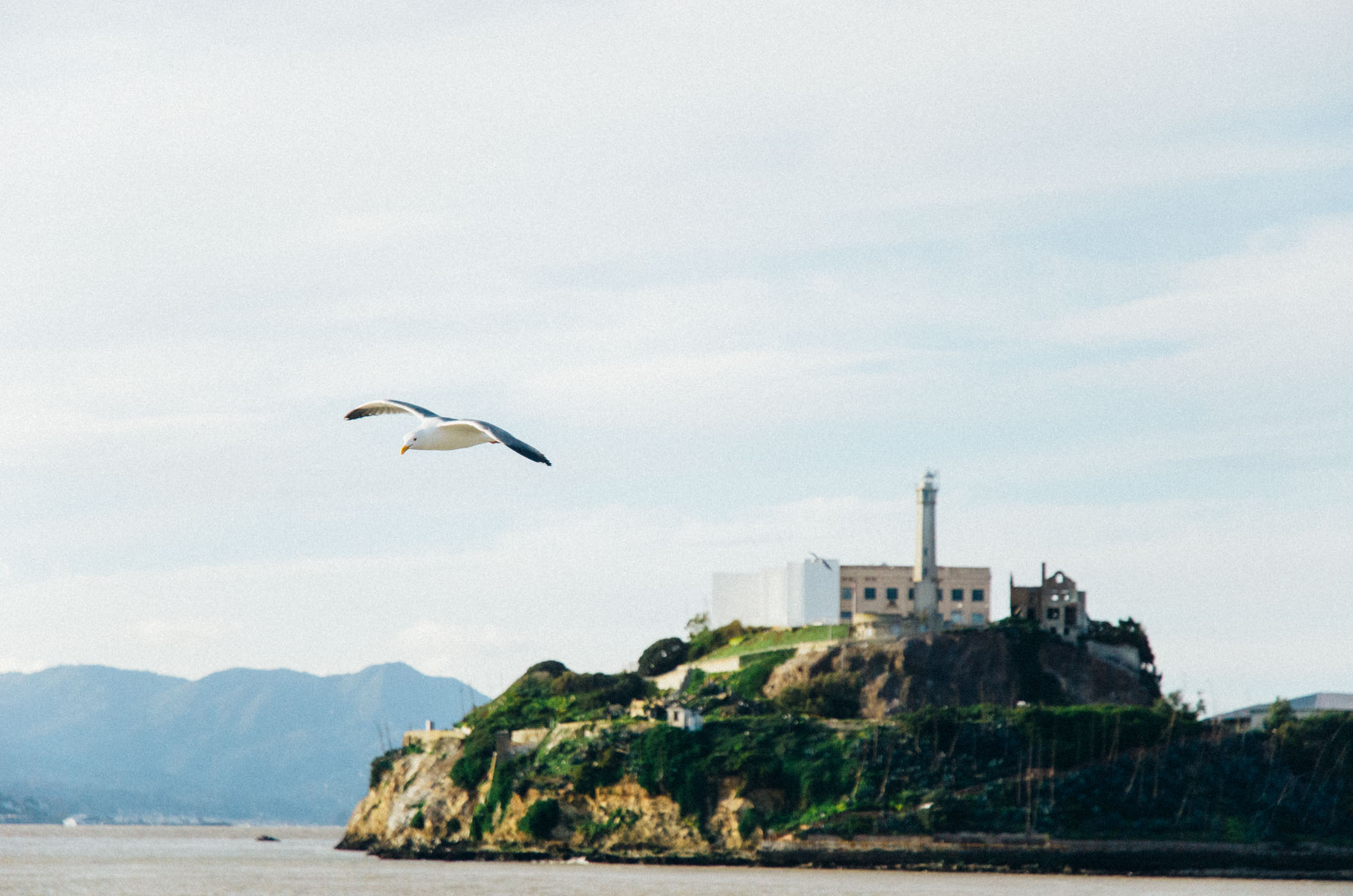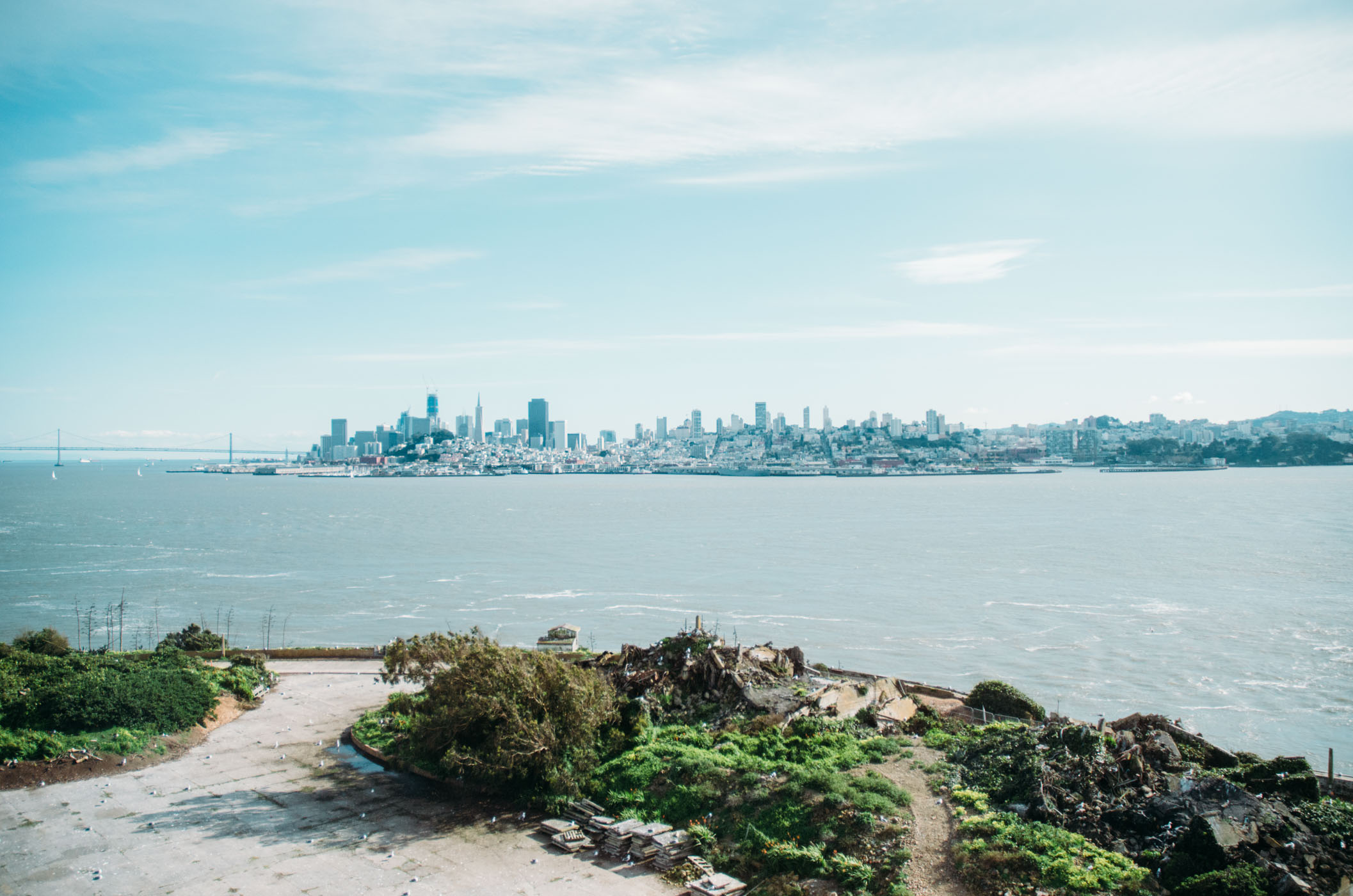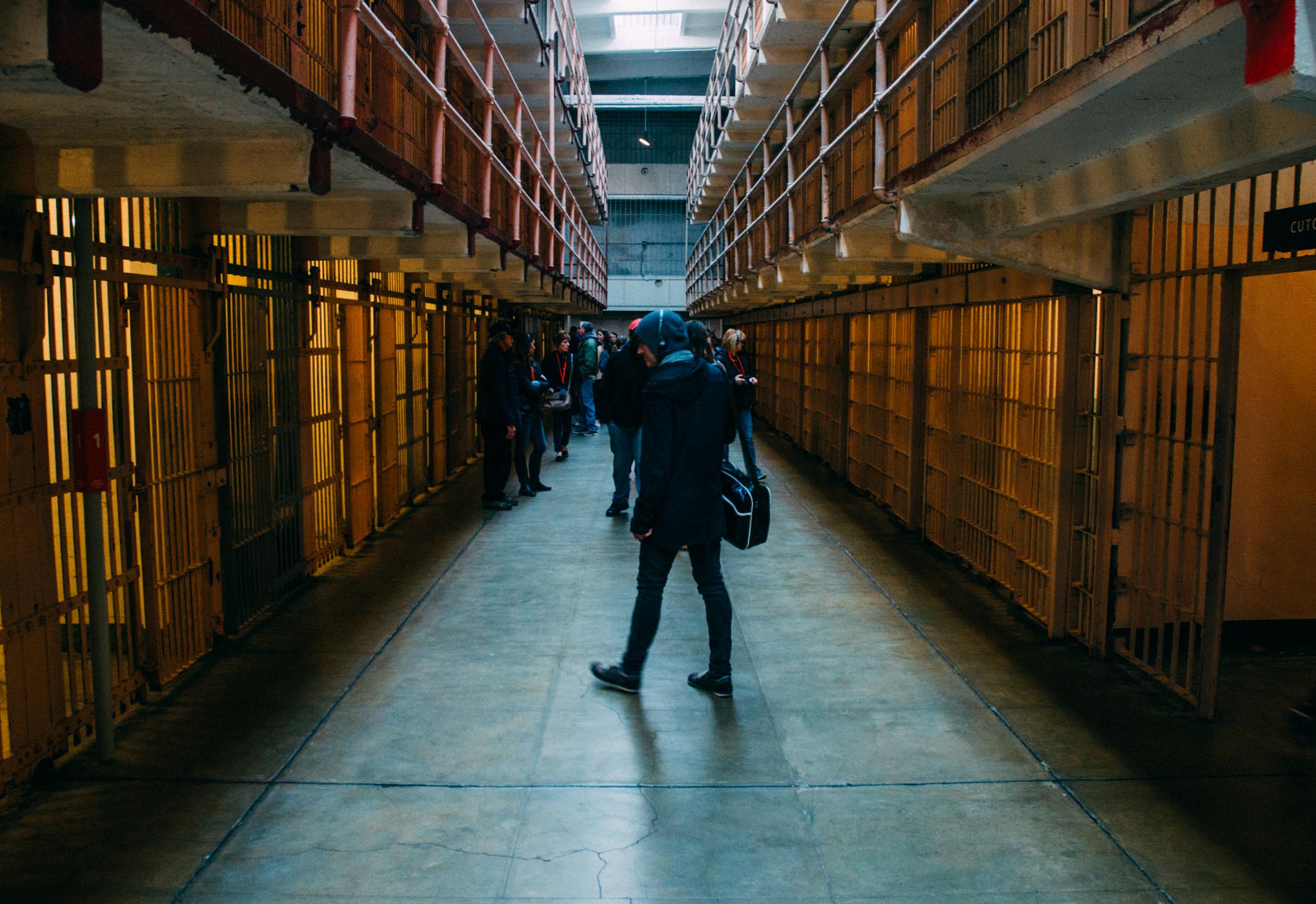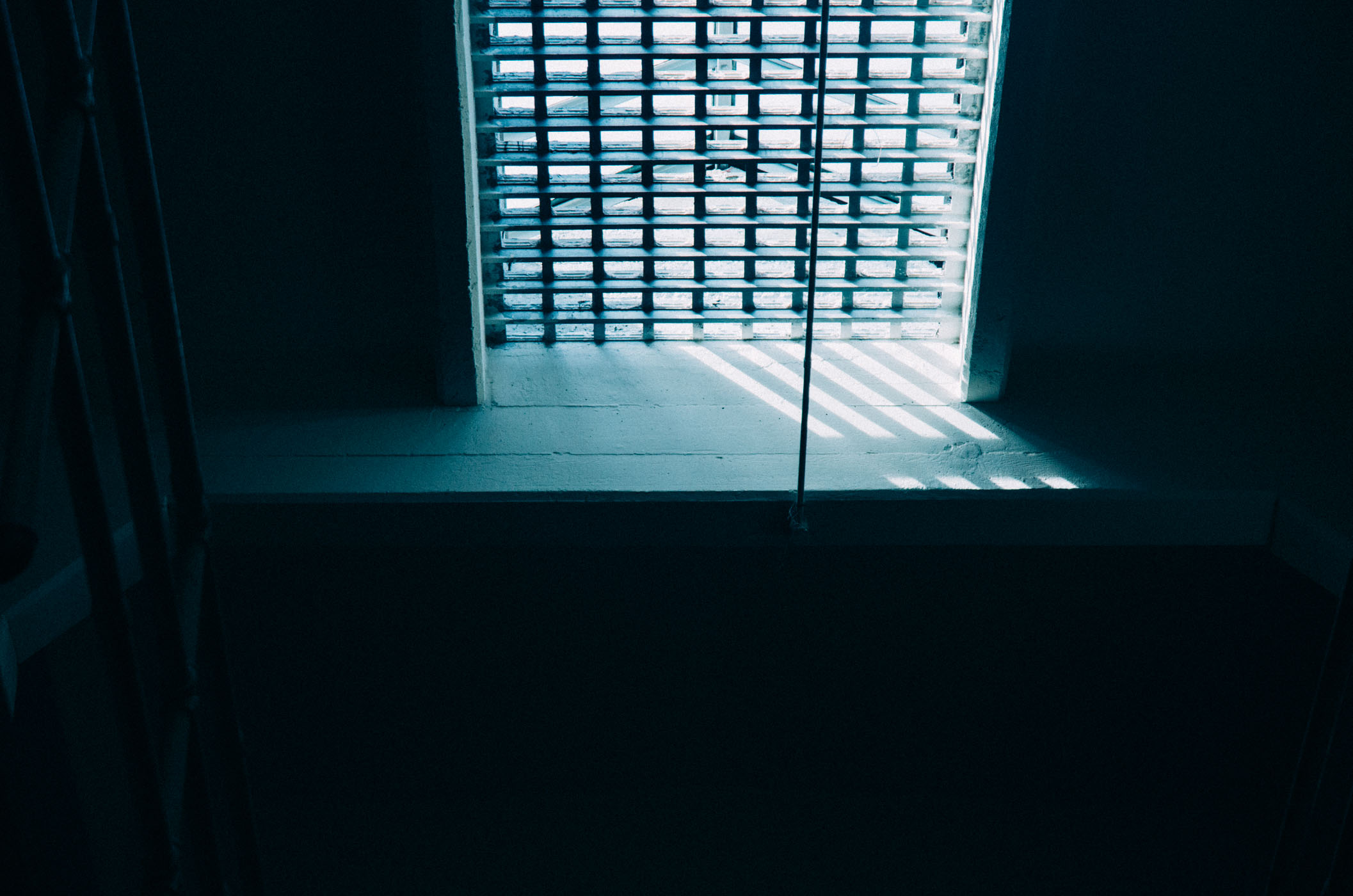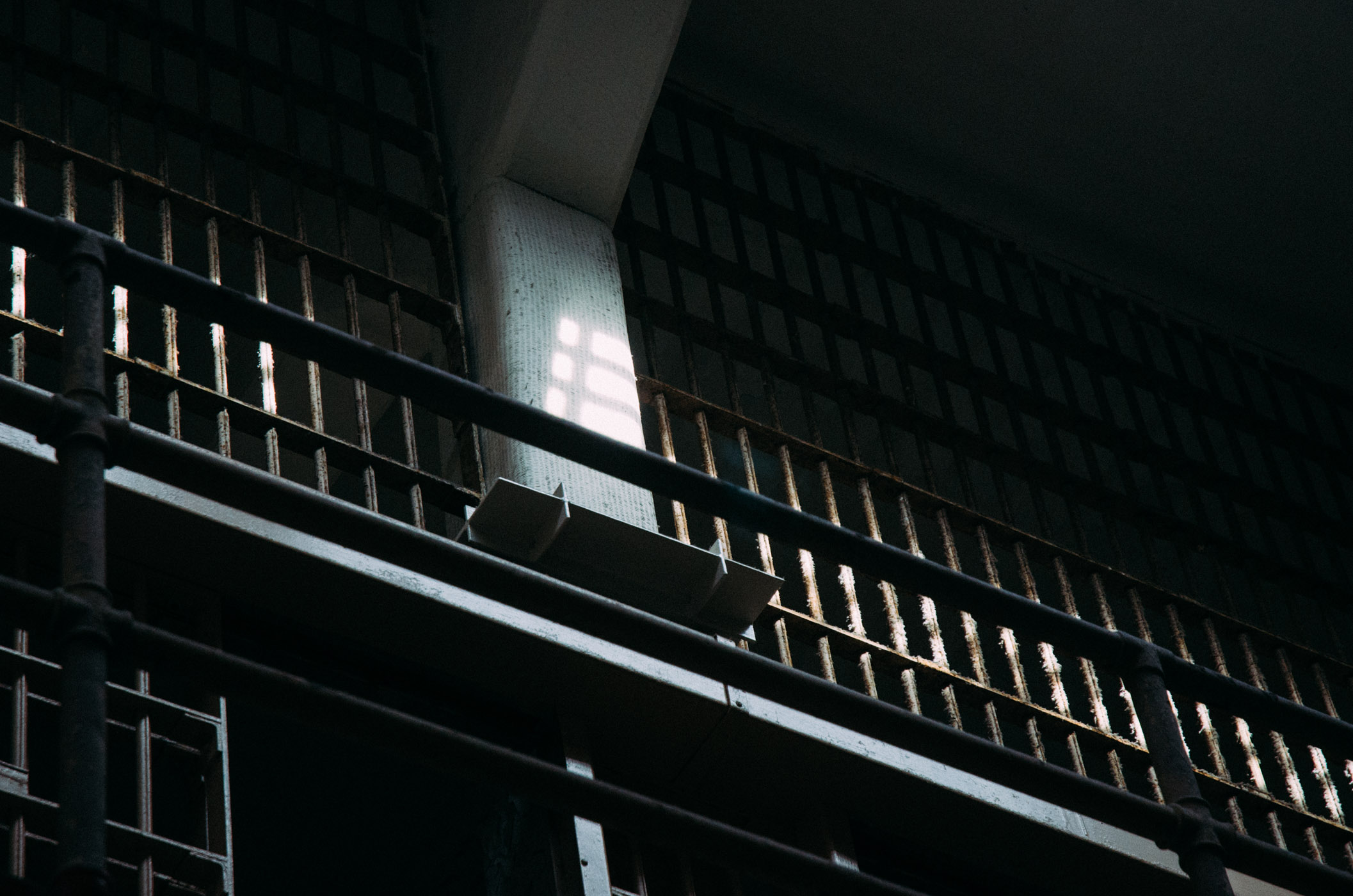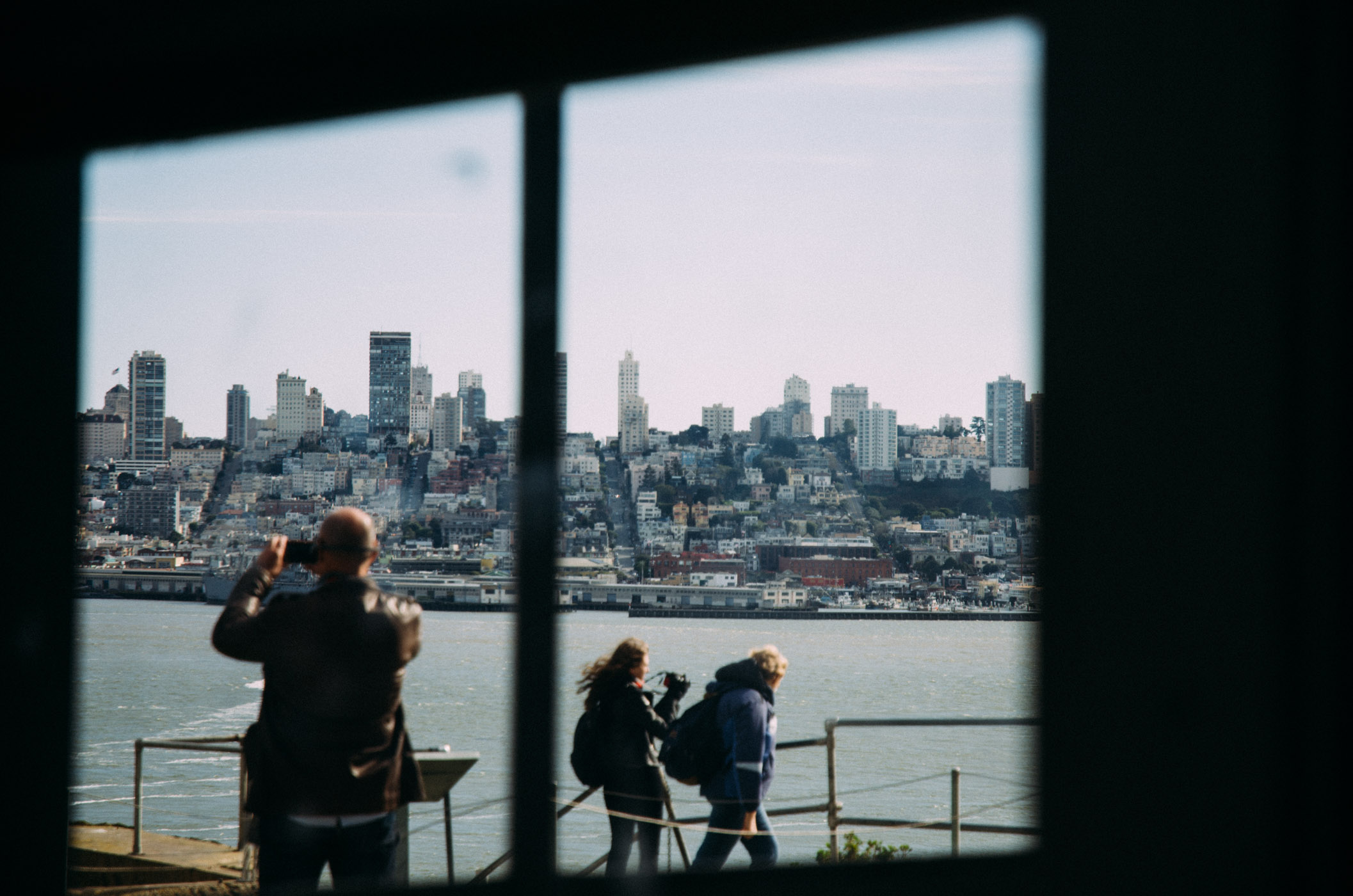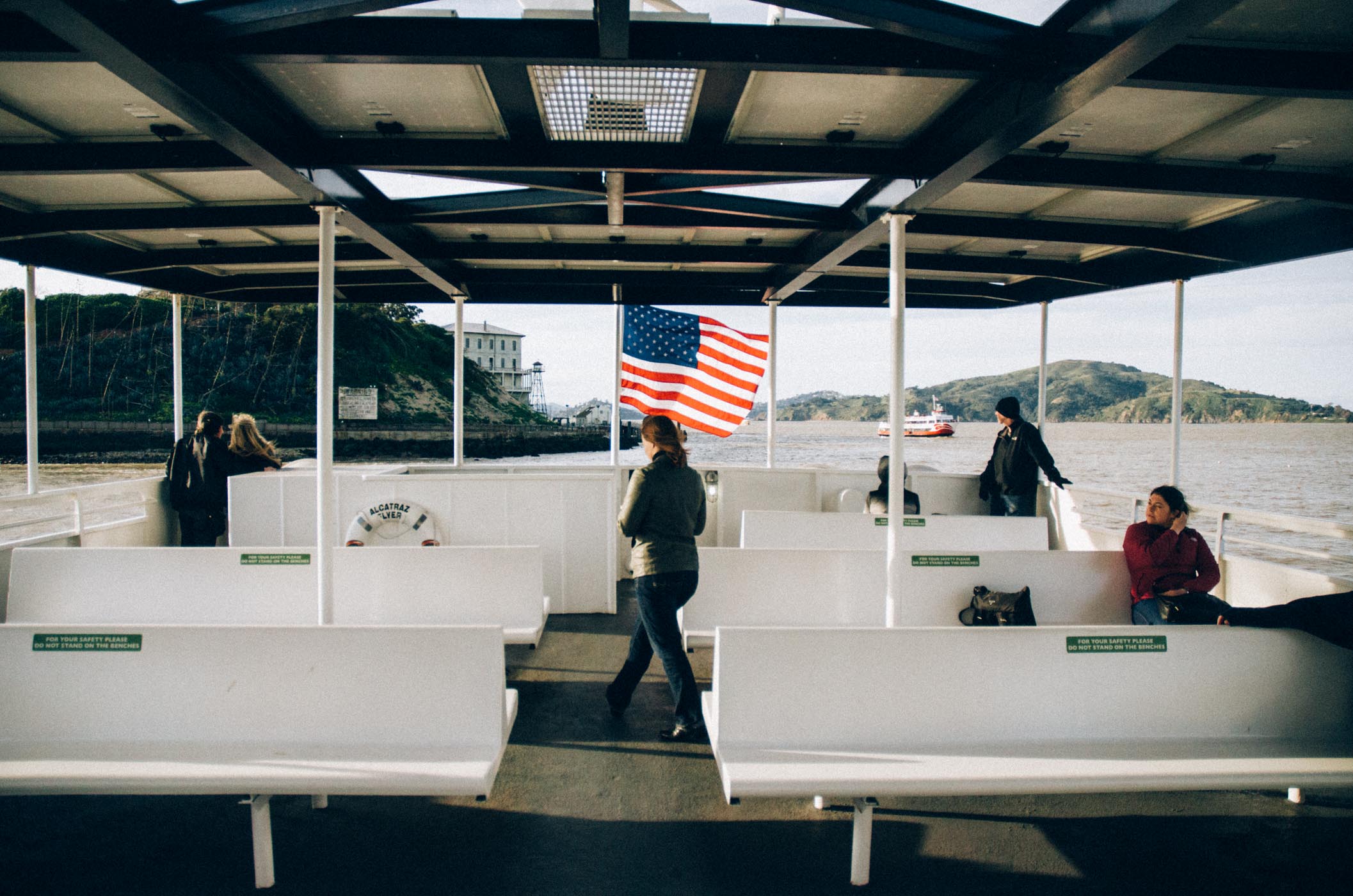Blind to the outcast

The prison was set just far enough from San Francisco that it was out of reach. Each day the citizens carried on without a second thought, blind to the suffering just across the water. The prison was cruel, to say the least. Aside from the cold, dark, tiny cells, prisoners tell stories of being able to hear San Francisco's laughter and music when the wind blew just right. The city dangled freedom like meat in front of a hungry dog, yet denied any opportunity to taste.
Sixty years ago some of America's harshest criminals were locked away out on this lonesome island of Alcatraz, and America was completely okay with that.
Somehow in the 1950s this socially seemed alright. The moral judgement and treatment of humans included this prison within the realm of acceptability. Today's prisons sound like a nice retirement home compared to the condition these men lived through. It wasn't just the city nearby, but also the cold, the violence, and the mental fatigue of isolation. Yes, they were some of America's harshest criminals but criminals or not, they were still human.
“It makes me wonder what swings the pendulum of cultural views on moral behavior. How is it that in merely a handful of decades one thing that was considered right could now be so wrong? ”
It makes me ponder my own blindness as I make judgements in the present moment. Is morality so fluid that it can shift and change from one generation to the next so easily? What do I think and believe now that will someday seem so insensitive?
Questions like this rest often in my mind, especially with many of the political and social movements rapidly playing out all around us. I want to be on the right side of history. I want to stand for the winning side that pushes society forward toward what Dr. King described as that long bending arc towards justice.
I hope that when I look back 60 years from now I don't regret my own blindness towards today's small prison island just offshore that holds the outcasts of society.
